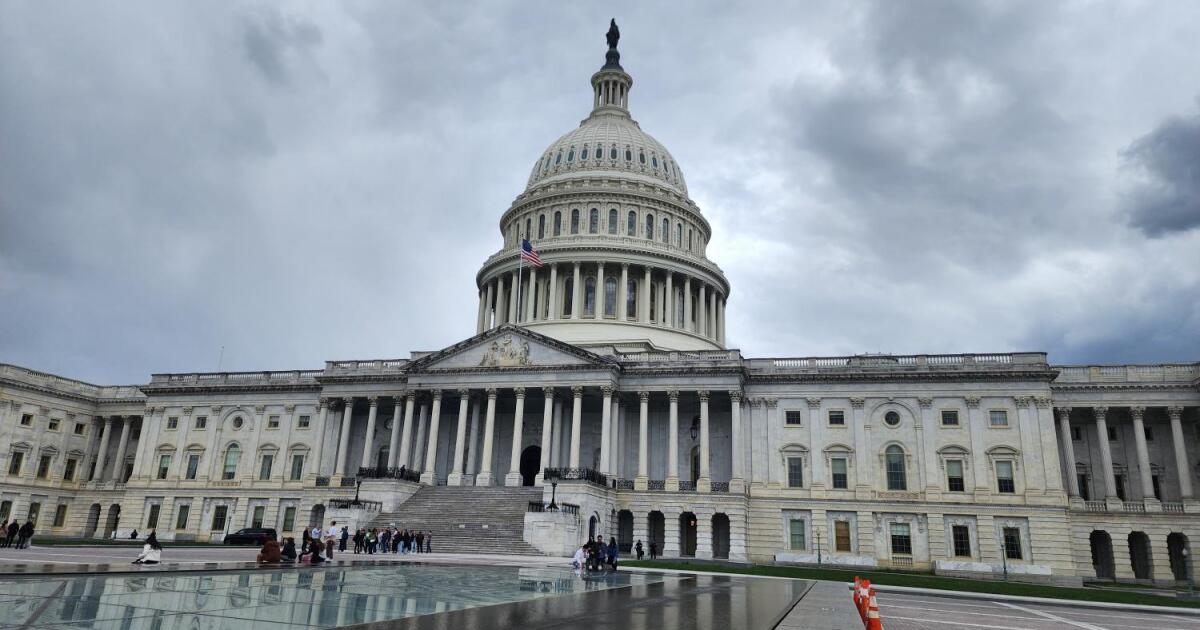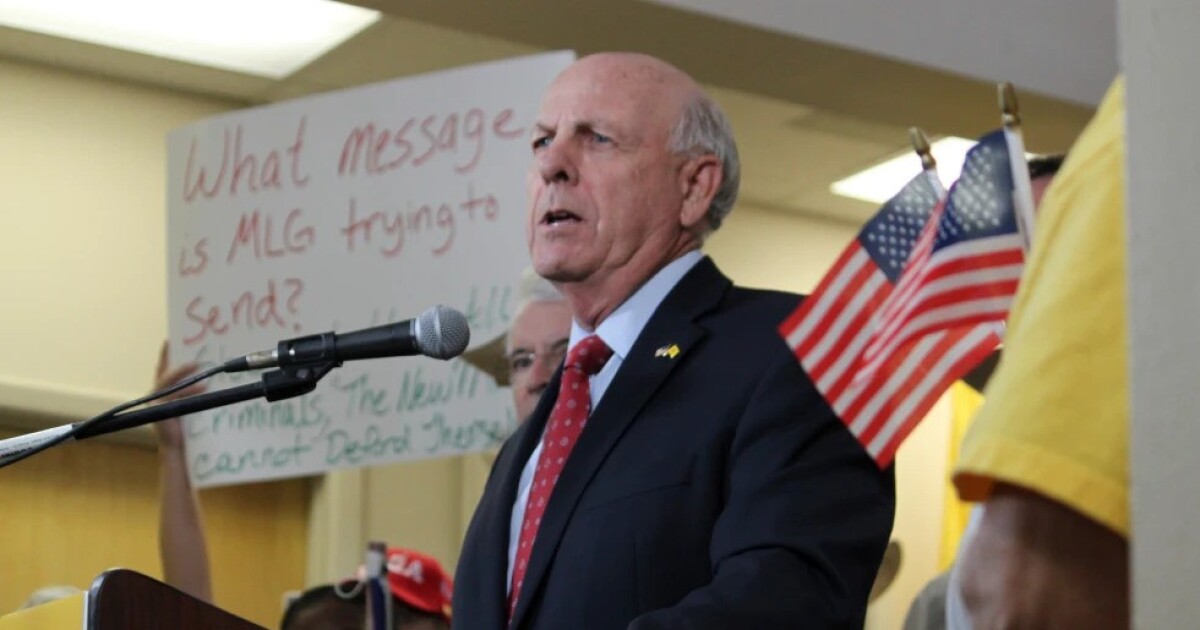Potential Health Care Cuts Threaten Rural Hospitals Across the U.S.
Recent findings from researchers at the University of North Carolina have sparked concerns over the future of rural hospitals in the United States. According to the data, President Donald Trump’s proposed “Big Beautiful Bill” could jeopardize the stability of over 300 rural hospitals nationwide, including three in Michigan.
Among the Michigan hospitals potentially affected are McLaren Central Michigan in Mount Pleasant, University of Michigan Health-Sparrow Carson City Hospital, and Ascension Borgess-Lee Hospital in Dowagiac.
A spokesperson from UM Health expressed apprehension, stating, “We continue to analyze the impact of the budget reconciliation bill, but do not have current plans to close UM Health-Sparrow Carson hospital. However, we remain very concerned about the implications of the federal changes on rural hospitals like Carson, as well as our entire health care system.”
Similarly, McLaren Health Care shared their concerns about the potential impact of the proposed federal cuts. They emphasized that while there are no immediate plans to close their Central Michigan facility, significant reductions in federal health care spending could severely affect access to necessary care. “In order to maintain a level of operation, providers would be forced into making difficult decisions, potentially eliminating meaningful services or, in severe circumstances, leading to the closure of facilities entirely,” McLaren stated.
Ascension Borgess-Lee Hospital has not yet commented on the situation.
Rural hospitals are particularly susceptible to these proposed legislative changes due to their reliance on federal reimbursement programs such as Medicaid. As reported by the Michigan Department of Health and Human Services, Medicaid funding contributes close to $7 billion annually to Michigan hospitals, with 40% of rural and small-town residents depending on this support.
Despite assurances from the Trump administration that there will be no direct cuts to Medicaid for those who qualify, critics argue that new requirements could lead to many losing coverage. This includes potentially hundreds of thousands of individuals in Michigan, as highlighted in a report by Michigan Public Radio.
Laura Appel, executive vice president of government relations and public policy at the Michigan Health and Hospital Association, warns that the legislation could cut billions in funding from Michigan hospitals over the next decade. She points out that rural hospitals will likely suffer most, as Medicaid reimbursements make up a significant portion of their revenue. With fixed costs remaining constant regardless of location, rural facilities face the challenge of distributing costs across a smaller patient base, thus struggling to cover operational expenses.
—
Read More Michigan News









